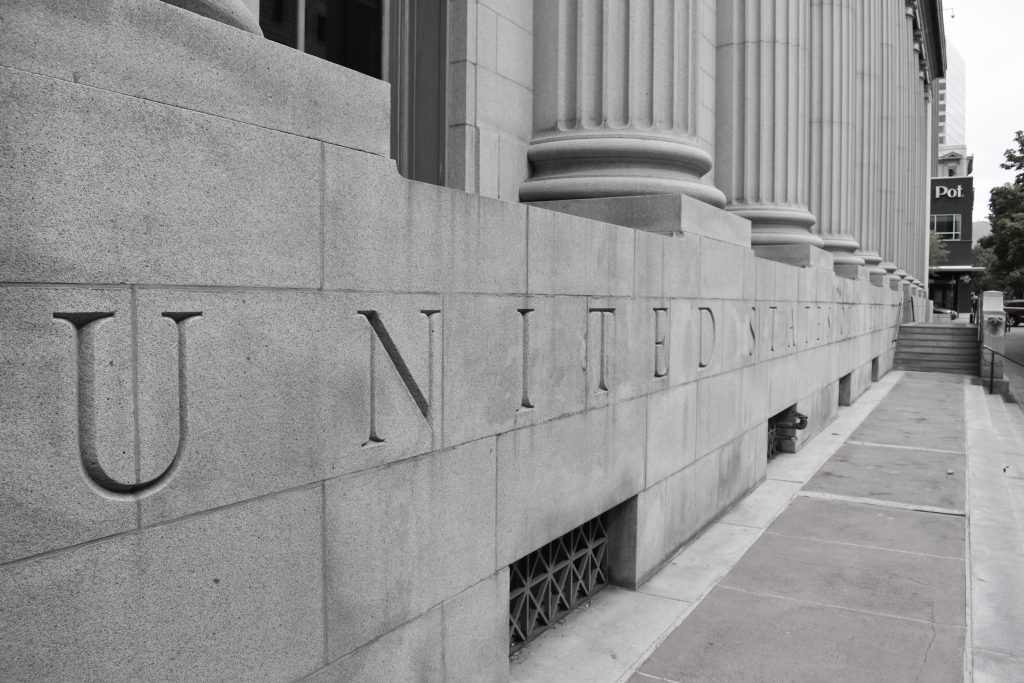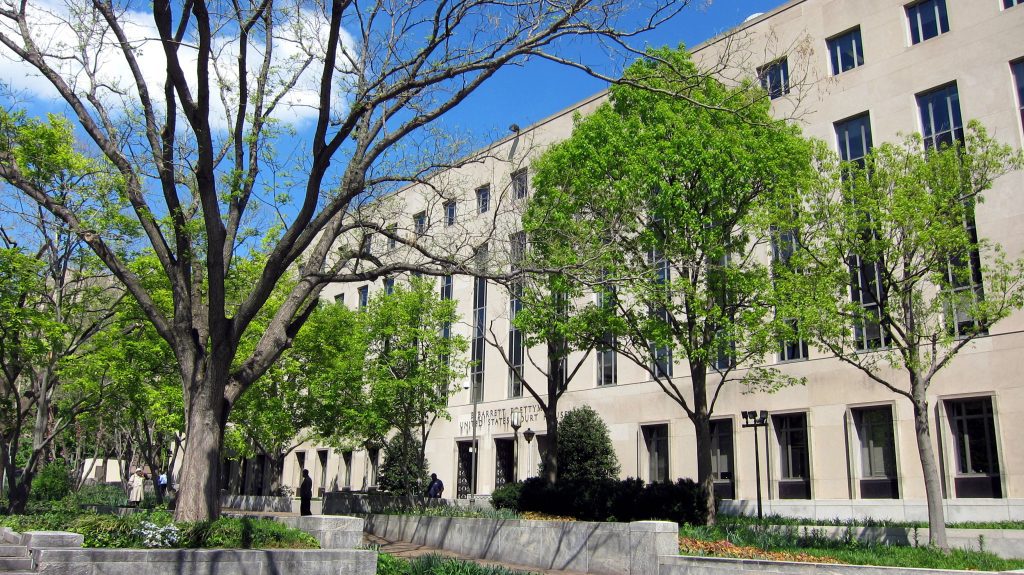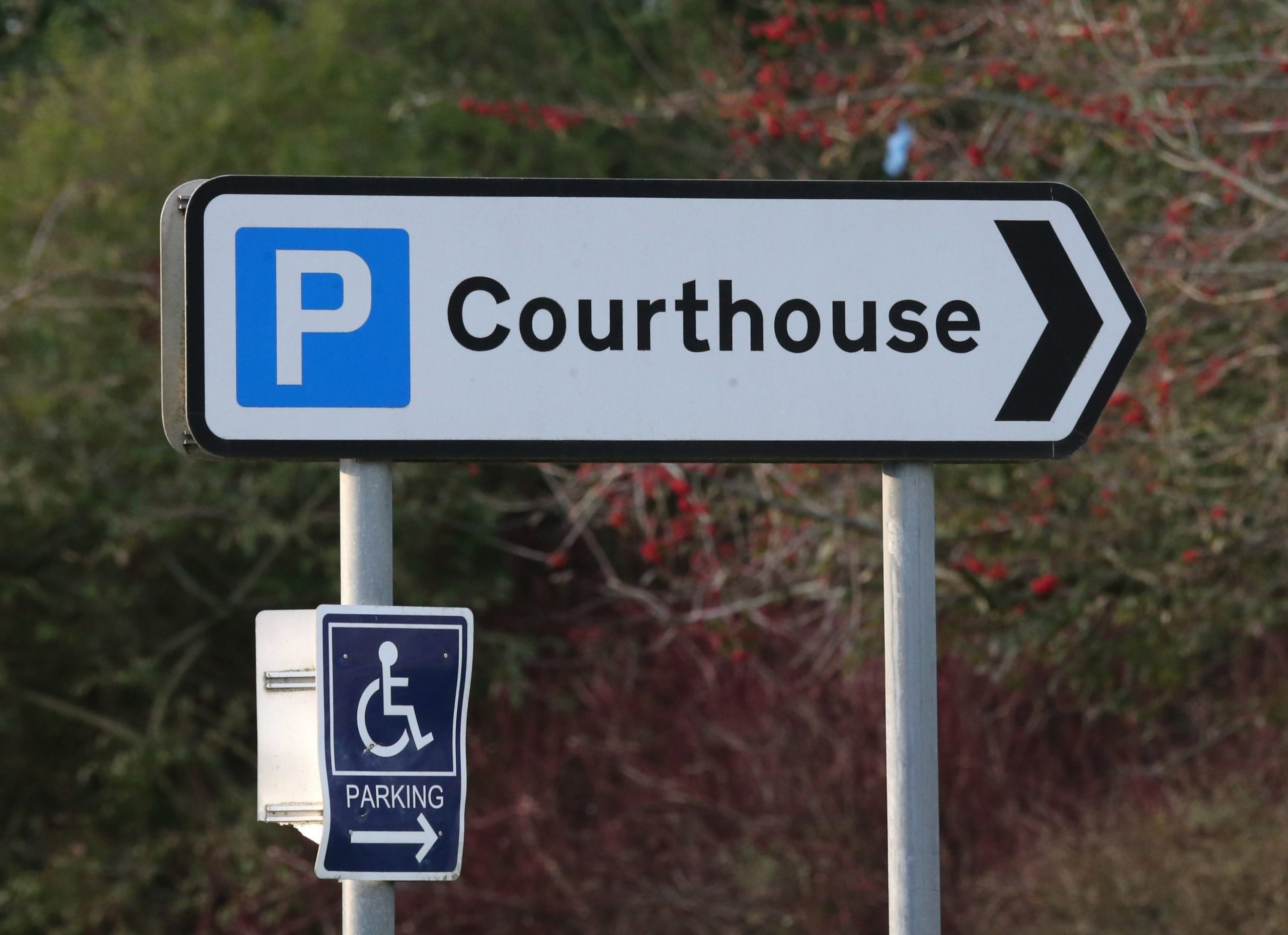In Jan. 2022, the Bureau of Prisons (BOP) finally started applying First Step Act (FSA) time credits. For incarcerated people and their loved ones, this was a big win. But it came as no surprise that the BOP’s calculations of FSA time credits were often different from incarcerated people’s calculations. So, people asked, will courts change the BOP’s calculation of FSA time credits?
Will courts review the BOP’s calculation of FSA time credits?
In theory, yes. As we explained here, you can file a lawsuit to challenge the BOP’s calculation of your FSA time credits. Specifically, you can file a petition for writ of habeas corpus. Hundreds of people have already done so. In fact, as explained by one federal court last month, a petition for writ of habeas corpus is the only way to “properly” challenge the BOP’s calculation of someone’s FSA time credits.
“A challenge to the denial of earned time credits goes to the execution of a defendant’s sentence and is properly brought in a petition for writ of habeas corpus under 28 U.S.C. § 2241,” Judge Marcia Morales Howard, a U.S. District Court judge for the Middle District of Florida, wrote in her opinion in a case called United States v. Eck. Therefore, Judge Morales Howard said, if someone “wishes to challenge the denial of earned time credits, he must fit a habeas petition … after exhausting his administrative remedies.”

But will courts actually reverse the BOP’s calculations?
While federal judges like Judge Morales Howard have been quick to tell people the way to challenge the denial of FSA time credits is to file a petition for writ of habeas corpus under 28 U.S.C. § 2241, federal judges have been just as quick to dismiss those petitions. This is because, as we explained here, many federal courts have ruled that challenges to the BOP’s calculation of FSA time credits are “not subject to judicial review.”
If this sounds confusing, that’s because it is. On the one hand, federal courts are telling people there is only one way to “properly” challenge the BOP’s calculation of FSA time credits. That is by filing a petition for writ of habeas corpus under 28 U.S.C. § 2241. But, when people file that kind of people, federal courts dismiss the case. In these cases, federal courts rule that the BOP’s calculation of FSA time credits is “not subject to judicial review.”

This leads to a straightforward question: How do you get courts to reverse the BOP’s calculation of FSA time credits? So far, there really doesn’t appear to be a good answer. Most of the people we’ve talked to have received around the same amount of FSA time credits as they expected. For instance, one person we talked to expected to receive a full year of FSA time credits. The BOP applied six months to his sentence. That is obviously a significant difference. But, between his compassionate release under the CARES Act and that six months, he’s been home for most of the pandemic and won’t have to go back.
The Takeaway:
Federal courts tell people to file a petition for writ of habeas corpus to challenge the BOP’s calculation of FSA time credits. Then, when they do, federal courts dismiss those petitions. In dismissing them, the courts rule that the BOP’s calculation of FSA time credits is “not subject to judicial review.” This leaves incarcerated people and their loved ones feeling clueless. Congress, the Department of Justice and the BOP need to help.






